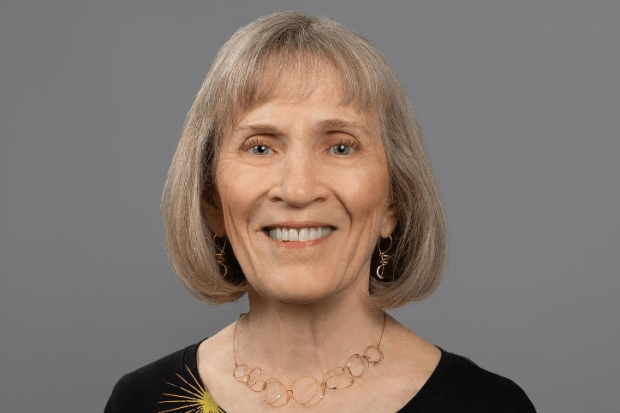A Harvard University academic has won the Nobel prize covering economics for her work on women in the US labour market.
Claudia Goldin’s research draws on archival data going back more than 200 years to show how and why gender differences in earnings and employment rates have changed over time, explaining why women have earned less than men.
The US economic historian is just the third woman to win the Sveriges Riksbank Prize in Economic Sciences, and the first woman not to share the award, worth SKr10 million (£734,000), with another winner.
Other female winners of the Nobel economics prize include Esther Duflo, who shared the honour in 2019 for her work on alleviating global poverty, and the 2009 laureate Elinor Ostrom.
Historically, much of the gender gap in earnings could be explained by differences in education and occupational choices, the Nobel committee said. Professor Goldin’s work has shown that the bulk of this earnings difference is now between men and women in the same occupation, and that it largely arises with the birth of the first child, it explained.
“Understanding women’s role in the labour [market] is important for society,” said Jakob Svensson, chair of the committee for the economics prize, which was awarded “for having advanced our understanding of women’s labour market outcomes”.
“Thanks to Claudia Goldin’s groundbreaking research, we now know much more about the underlying factors and which barriers may need to be addressed in the future,” he added.
The work of the New York-born labour market economist, who took a PhD from the University of Chicago, explains how despite modernisation, economic growth and rising proportions of employed women in the 20th century, the earnings gap between women and men hardly narrowed for a long period.
According to Professor Goldin, part of the explanation is that educational decisions, which impact a lifetime of career opportunities, are made at a relatively young age. If the expectations of young women are formed by the experiences of previous generations – for instance, their mothers, who did not go back to work until the children had grown up – then development will be slow.
Register to continue
Why register?
- Registration is free and only takes a moment
- Once registered, you can read 3 articles a month
- Sign up for our newsletter
Subscribe
Or subscribe for unlimited access to:
- Unlimited access to news, views, insights & reviews
- Digital editions
- Digital access to THE’s university and college rankings analysis
Already registered or a current subscriber? Login








